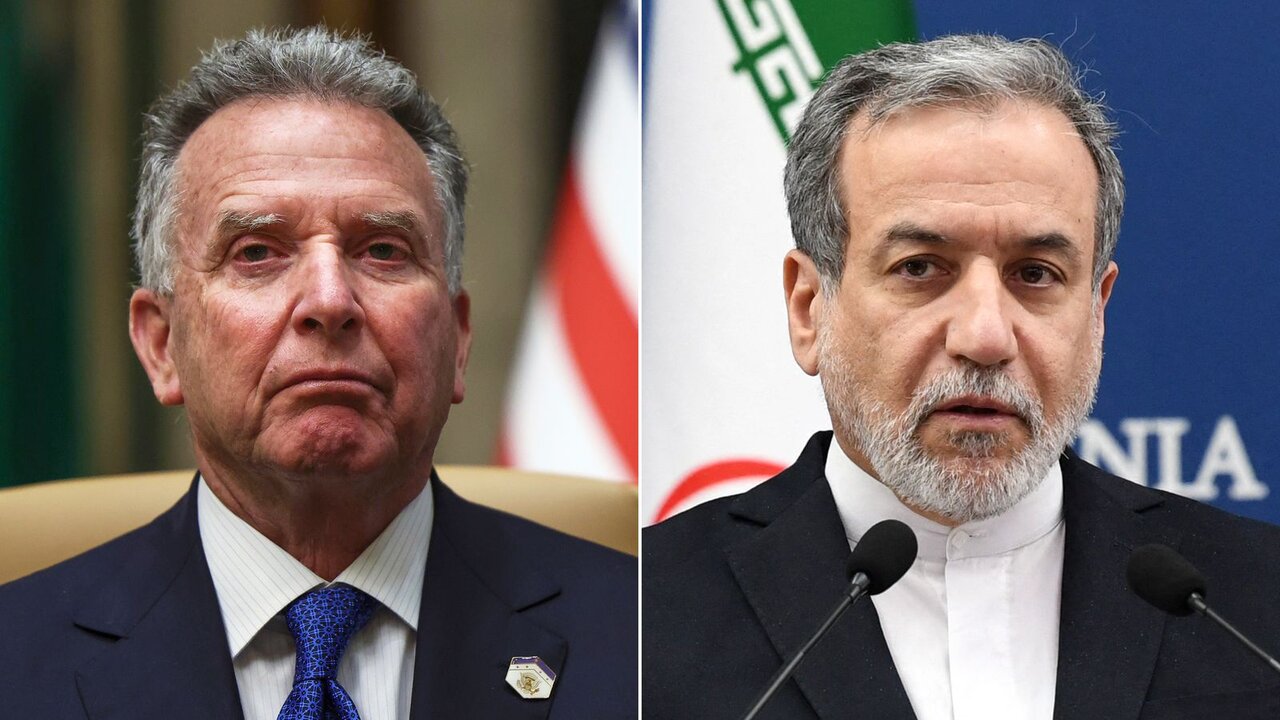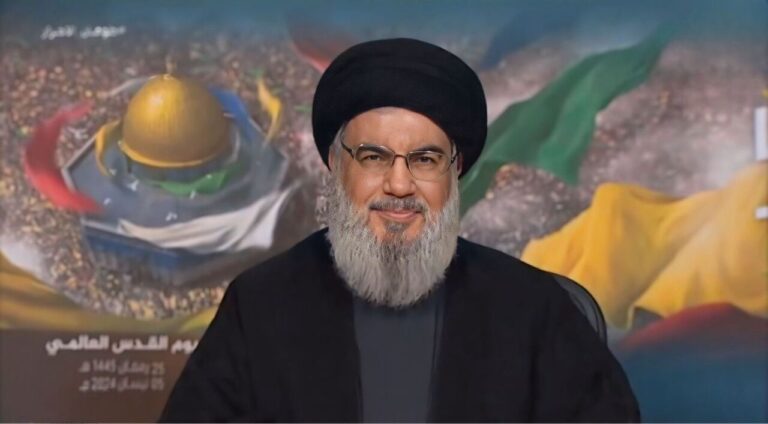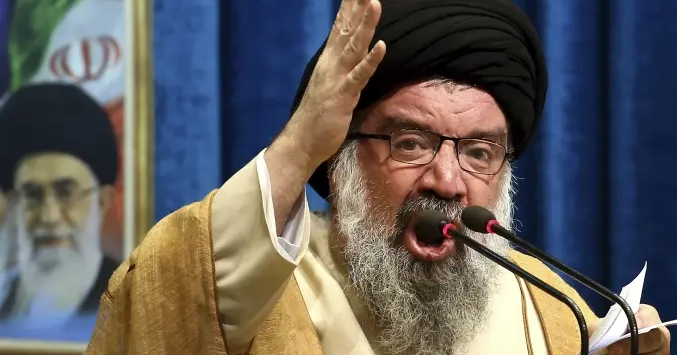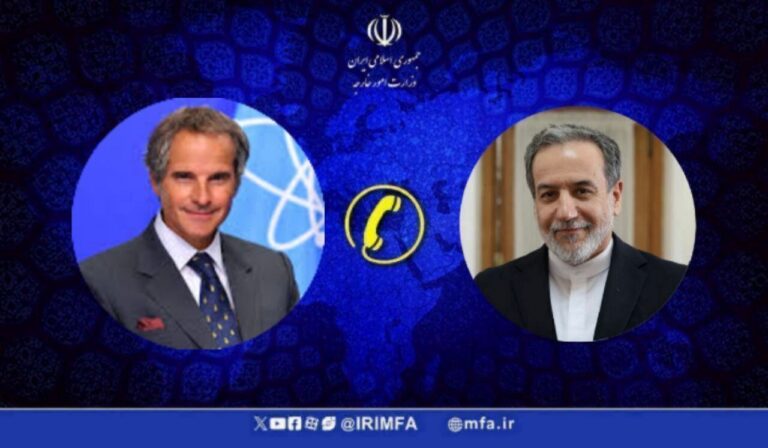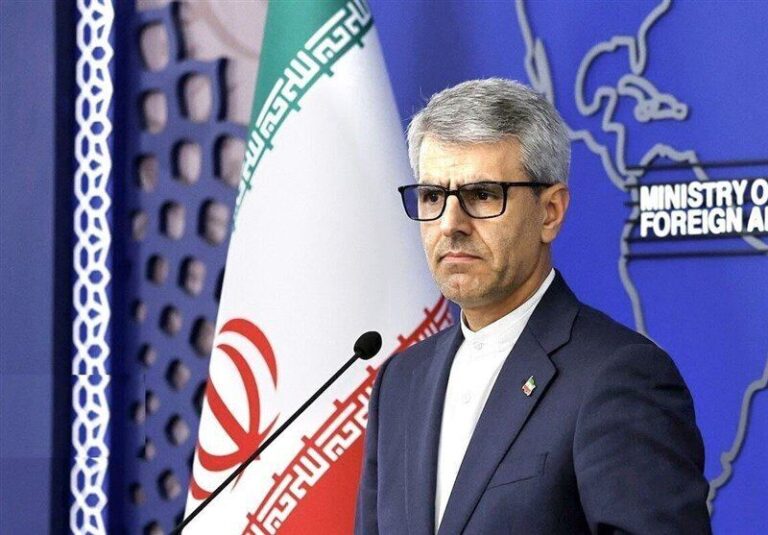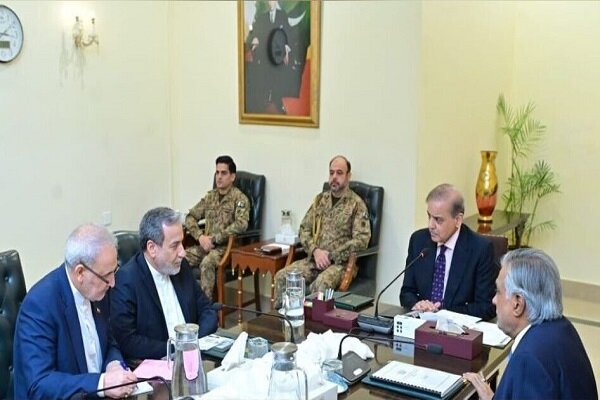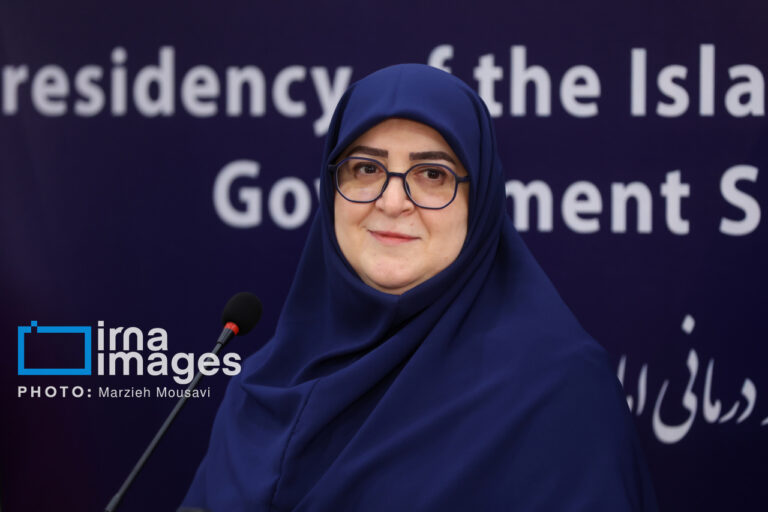New Proposal Sparks Indirect US Talks: A Turning Point in Diplomatic Relations
Iran’s deputy foreign minister for legal and international affairs has confirmed that the Islamic Republic is currently reviewing a proposal for the fifth round of indirect nuclear negotiations with the United States. This update was shared during a conference titled “Unilateral Sanctions and Access to Justice at National, Regional and International Levels” held in Tehran.
Kazem Gharibabadi, a key member of the Iranian delegation participating in the negotiations, announced this significant development on Tuesday. He stated, “We have received a proposal regarding the next round of indirect talks between Iran and the US, and it is under review.” However, he refrained from disclosing any specifics regarding the content or timing of the proposed discussions.
This announcement follows reports from American media indicating that the upcoming round of Iran-US nuclear talks is anticipated to occur “at the weekend” in Rome. This comes amidst rising tensions due to the US administration’s stringent demands over the past few days, including calls for “zero enrichment” of Iran’s nuclear program, which has left the future of the negotiations uncertain.
During the conference, Gharibabadi highlighted the longstanding sanctions imposed by the US against Iran, asserting that these measures contradict the Charter of International Law and international norms. He emphasized that the sanctions are politically and security-driven, ultimately leading to economic destruction.
He elaborated, “The Islamic Republic of Iran is a perfect example of a country whose people have lived under a sanctions regime. These sanctions have been part of the policy known as ‘maximum pressure’ against Iran, culminating in limited access to medical and health equipment for the population. Individuals suffering from cancer or other chronic diseases are unable to receive necessary treatments.”
The deputy foreign minister pointed out that international banks are hesitant to engage in financial transactions due to the sanctions. He described this situation as “not only collective destruction but also a public punishment against the people of a country.”
Iranian Foreign Minister Abbas Araghchi also weighed in on the situation, warning the United States to refrain from making “unrealistic demands” during negotiations. He asserted that Tehran would continue its enrichment program regardless of whether a deal is reached with Washington. Araghchi stated, “Such statements are completely detached from the reality of negotiations.”
Iran has engaged in four rounds of indirect talks with the US aimed at establishing a replacement for the 2015 agreement, formally known as the Joint Comprehensive Plan of Action (JCPOA). These discussions have generally been characterized as positive by both parties.
In 2018, former US President Donald Trump unilaterally withdrew from the landmark agreement, which had provided Iran with sanctions relief in exchange for its commitment to limit nuclear activities. As negotiations progress, Iran is seeking assurances that the US will lift all sanctions and will not unilaterally derail any new agreement in the future.
- Proposal Review: Iran is reviewing a proposal for the fifth round of indirect nuclear negotiations with the US.
- US Demands: The US has made stringent demands, including zero enrichment of Iran’s nuclear program.
- Impact of Sanctions: Longstanding US sanctions have severely impacted Iran’s economy and healthcare access.
- Future Negotiations: Iran demands guarantees from the US regarding the lifting of sanctions and commitment to a new deal.
The ongoing negotiations and the political climate surrounding them remain fluid, with both sides navigating a complex landscape of demands and expectations. As the situation develops, the focus will be on how both Iran and the United States can address their respective concerns while working towards a resolution that stabilizes the region and alleviates the humanitarian impact of sanctions on the Iranian populace.
This evolving narrative of Iran-US nuclear talks underscores the critical importance of diplomacy and dialogue in resolving international disputes. Both nations face pivotal decisions that will shape not only their bilateral relationship but also the broader geopolitical landscape.
The outcome of these negotiations may have far-reaching implications for global security and diplomatic relations, thus making it essential for stakeholders to remain engaged and informed as events unfold.
